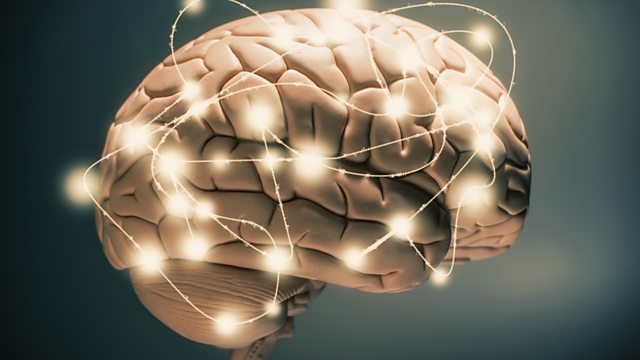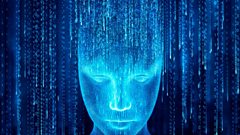What is consciousness?
It's pretty obvious to each of us that we are conscious, as we go about our days and feel the experience of 'being you', but how do we know that someone else is conscious?
It's pretty obvious to each of us that we are conscious, as we go about our days and feel the experience of just ‘being ourselves'. But how do we know that someone else is conscious?
It’s something we lose during dreamless sleep, under anaesthesia or in a coma. But what exactly is consciousness? On the one hand, it’s pretty obvious - it’s what we all feel as we go about our daily lives. It's the experience of 'being you'. On the other hand, it gets pretty tricky when we try to pin down the science of it all. How do we know that someone (or something) else is conscious?
CrowdScience listener Sylvester was wondering about this and he got in touch with a few questions on the subject. What is the relationship between our consciousness and reality? Is it all just a hallucination? When does it start and stop? Does consciousness reside in a particular part of the brain?
Host Marnie Chesterton sets out to tackle this elusive but utterly fundamental quality of life and sees how researchers are attempting to conceptualise and study it.
In the relatively young field of consciousness multiple theories have emerged. A new way of testing them - an adversarial collaboration - is offering a novel approach to not just consciousness research but science more broadly. We visit one lab in Frankfurt that's running experiments for the most recent adversarial collaboration and trying to test two theories of consciousness – Global Neuronal Workspace Theory (GNW) and Integrated Information Theory (IIT) – against each other.
Looking at these and other concepts of consciousness like Qualia, Marnie tries to understand this central tenet of our human experience that, in many ways, remains one of the great mysteries of science.
Presenter: Marnie Chesterton
Producer: Sam Baker
Editor: Richard Collings
Production Coordinator: Jonathan Harris
Studio Manager: Sarah Hockley
Featuring:
Anil Seth, Sussex Centre for Consciousness Science, University of Sussex in Brighton, England
Lucia Melloni, Max Planck for Empirical Aesthetics in Frankfurt, New York University & Project Lead for COGITATE
Nao Tsuchiya, Monash Data Futures Institute, Turner Institute for Brain & Mental Health, Monash University
(Image: Active Human Brain. Credit: PM Images / Getty Images)
Last on
More episodes
Clip
-
![]()
Is consciousness like a light switch or a disco ball?
Duration: 01:14
Broadcasts
- Fri 29 Sep 2023 19:32GMT�鶹������ҳ��� World Service except East and Southern Africa & West and Central Africa & �鶹������ҳ��� Afghan Radio
- Mon 2 Oct 2023 01:32GMT�鶹������ҳ��� World Service except Americas and the Caribbean
- Mon 2 Oct 2023 04:32GMT�鶹������ҳ��� World Service Australasia, Americas and the Caribbean, South Asia & East Asia only
- Mon 2 Oct 2023 08:32GMT�鶹������ҳ��� World Service
- Mon 2 Oct 2023 12:32GMT�鶹������ҳ��� World Service
- Mon 2 Oct 2023 19:32GMT�鶹������ҳ��� World Service East and Southern Africa & West and Central Africa only
Podcast
-
![]()
CrowdScience
Answering your questions about life, Earth and the universe



